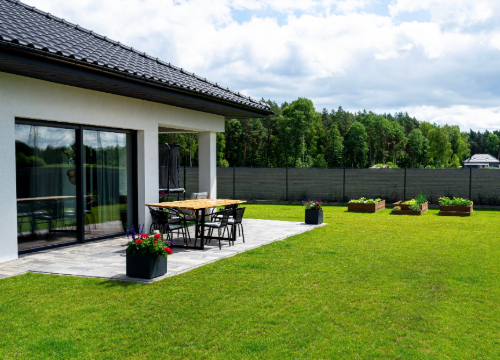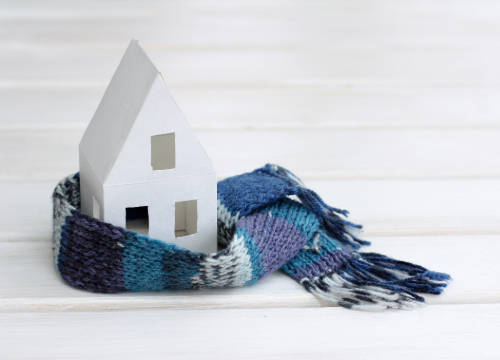It’s an essential part of the process of enhancing your home, so overlook the importance of a renovation budget - and sticking to it - at your peril.
Let’s be honest, budgeting isn’t the most exciting topic, but when it comes to renovating, keeping on top of costs is an essential part of the process.
Fortunately, Caleb Pearson - who with his DIY-loving wife Alice has renovated 11 houses in 12 years - is a dab hand at spreadsheets, and says knowing exactly where your money will be spent is the first step towards an enjoyable do-up experience.
“I wouldn't say spreadsheets are exciting, but I think they're a very strong tool,” says Caleb, who has a spreadsheet for every renovation detailing each area of spending. “Maybe I want to put a new kitchen in and a bathroom, or put a deck in. And then within those areas, I'll try to itemise as much detail as I can.
“When you start, you might not know how much it's actually going to cost, so I'll put in estimates. Then as I go out and get quotes, I can put in actual prices and firm up those figures.”
The spreadsheet informs Caleb and Alice as to whether they’re over or under budget as they go along, and they’re able to adjust their spending accordingly.
“The whole point for us in having a renovation spreadsheet is it's a working document,” says Alice.
“It constantly changes. It is also a way we communicate with one another. I know when something is booked in or purchased or ordered as it’s on the spreadsheet. You can save yourself a lot of mental stress by having everything in one place.”
And in every budget is a contingency fund to cover surprise costs as they come along. “The reality of renovation is there are always going to be unknowns. Every one of our budgets has a contingency so that when unknown costs arise we have some money set aside,” Alice adds.
The couple urge people not to be put off by the idea of a budget. While figures can be overwhelming, Alice says having it all laid out clearly makes the whole process far simpler.
“When you go into a store maybe to get a quote, one of the first things they'll ask you is, ‘what is your budget?’ If you don't have an answer, that in itself gets overwhelming. Budgets direct the way that you renovate and assist you in making decisions, so if you sit down and invest a little bit of time into your budget, it will make everything else work a lot smoother.”
Alice says it’s important to remember that creativity and excellent design can still be achieved with limited funds. Some of her best design decisions have come from restricted spending.
“As someone who loves to spend money and also loves pretty things, I have had years to develop my appreciation for a budget and a spreadsheet. Now I understand that just because you have a budget or a limited amount to spend doesn't mean you can't be creative and have pretty things.
It's just meant that I have had to be creative within the restrictions of a budget, which actually has helped me make some really cool and creative design decisions.”
Disclaimer: The views expressed are those of the individual featured, speaking in their individual capacity and do not necessarily reflect or represent the views of State/IAG New Zealand. These advertisements do not offer specific advice and you are responsible for your own decisions about financial planning, investment and risk. All information presented is of a general nature, merely for informational purposes and is not intended as a substitute for professional and/or financial advice. Should you decide to act upon any of the information presented, you do so at your own risk.
You might also like...
-
 December 2024Lifestyle Blog | State Insurance
December 2024Lifestyle Blog | State InsuranceSurviving the holidays
-
 September 2024Lifestyle Blog | State Insurance
September 2024Lifestyle Blog | State InsuranceSpring prep your home and garden.
-
 June 2024Lifestyle Blog | State Insurance
June 2024Lifestyle Blog | State InsurancePreparing your home for winter
